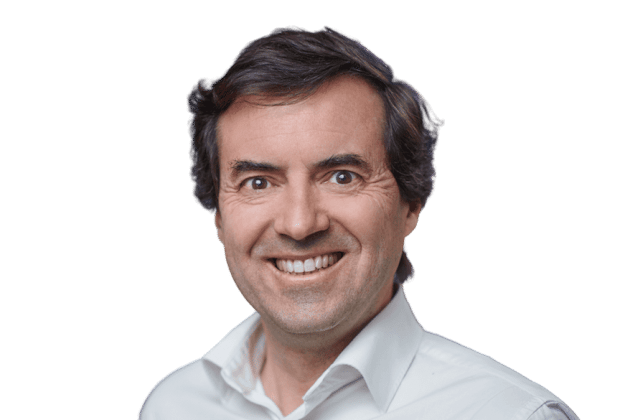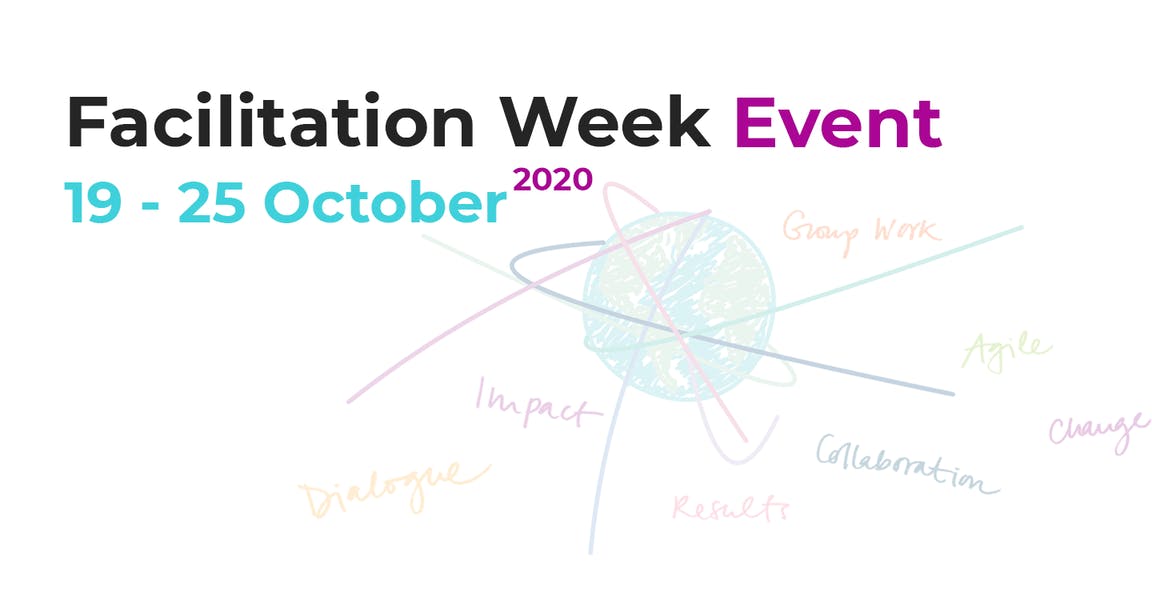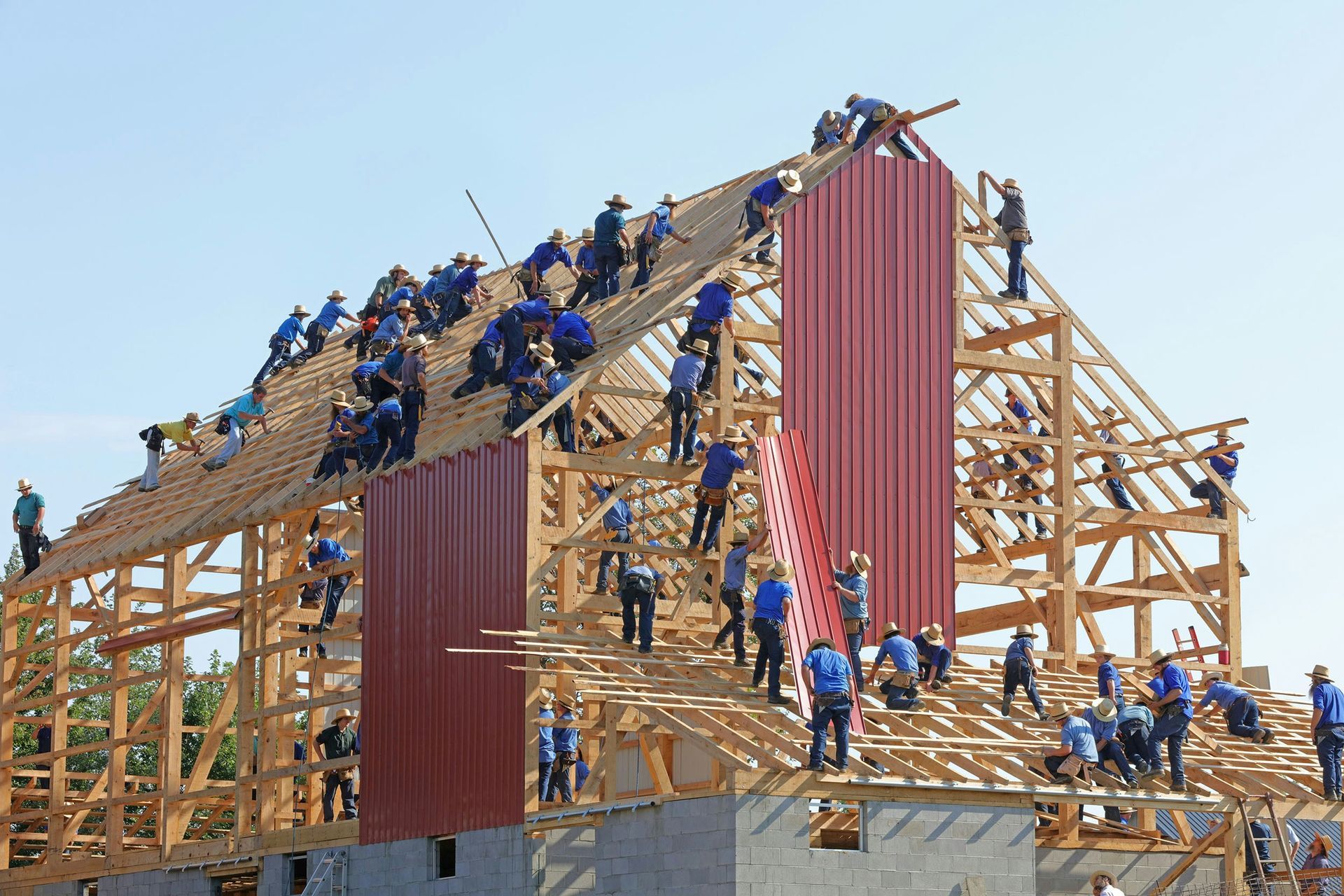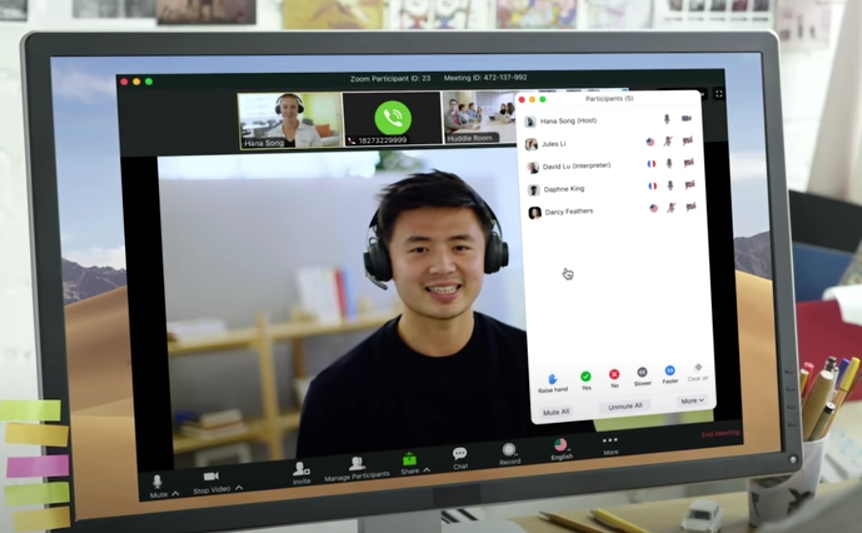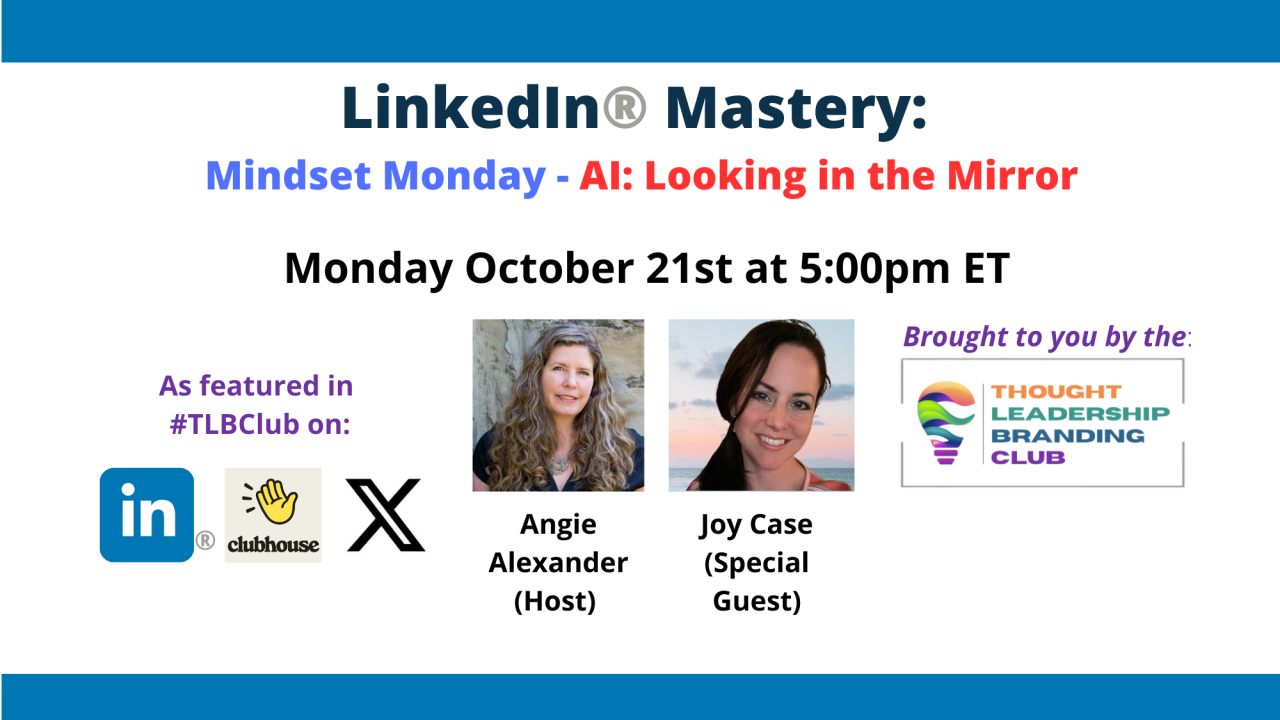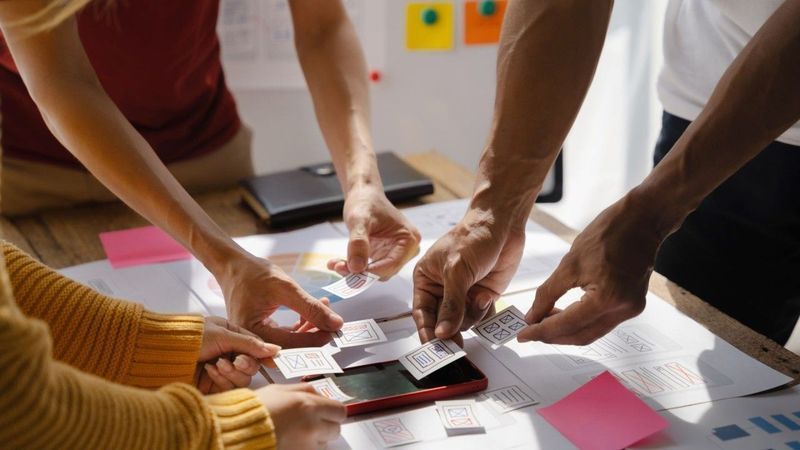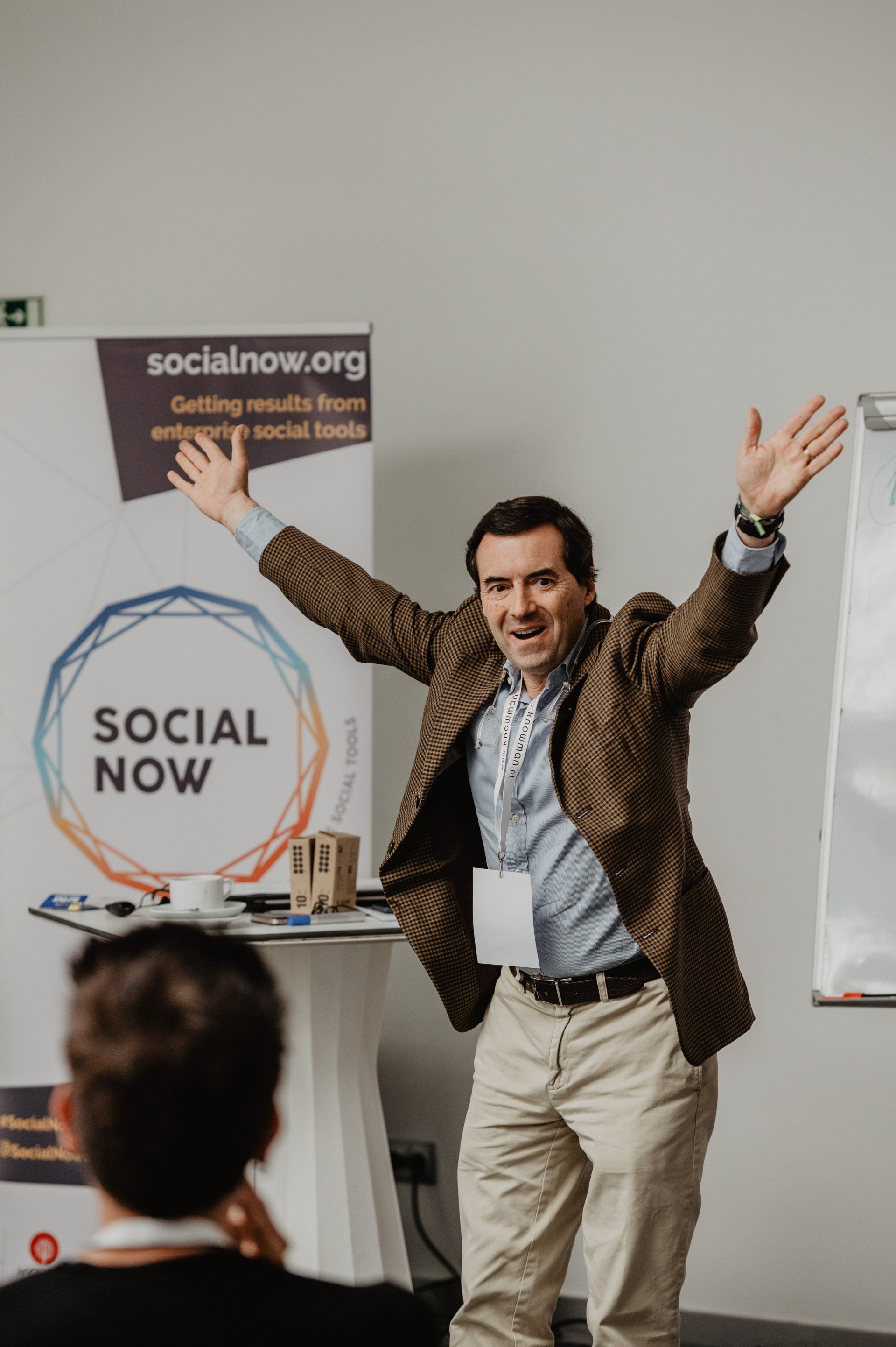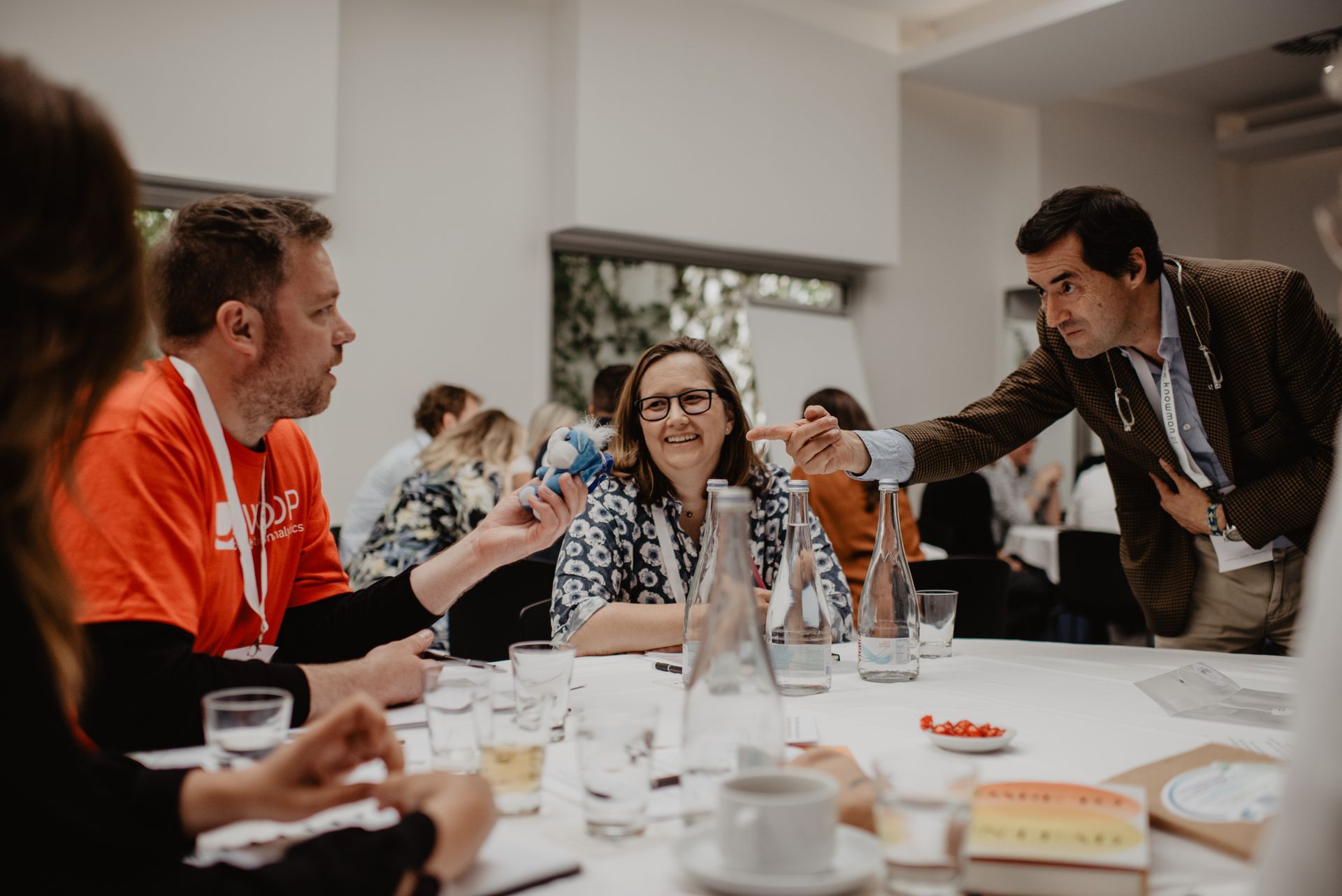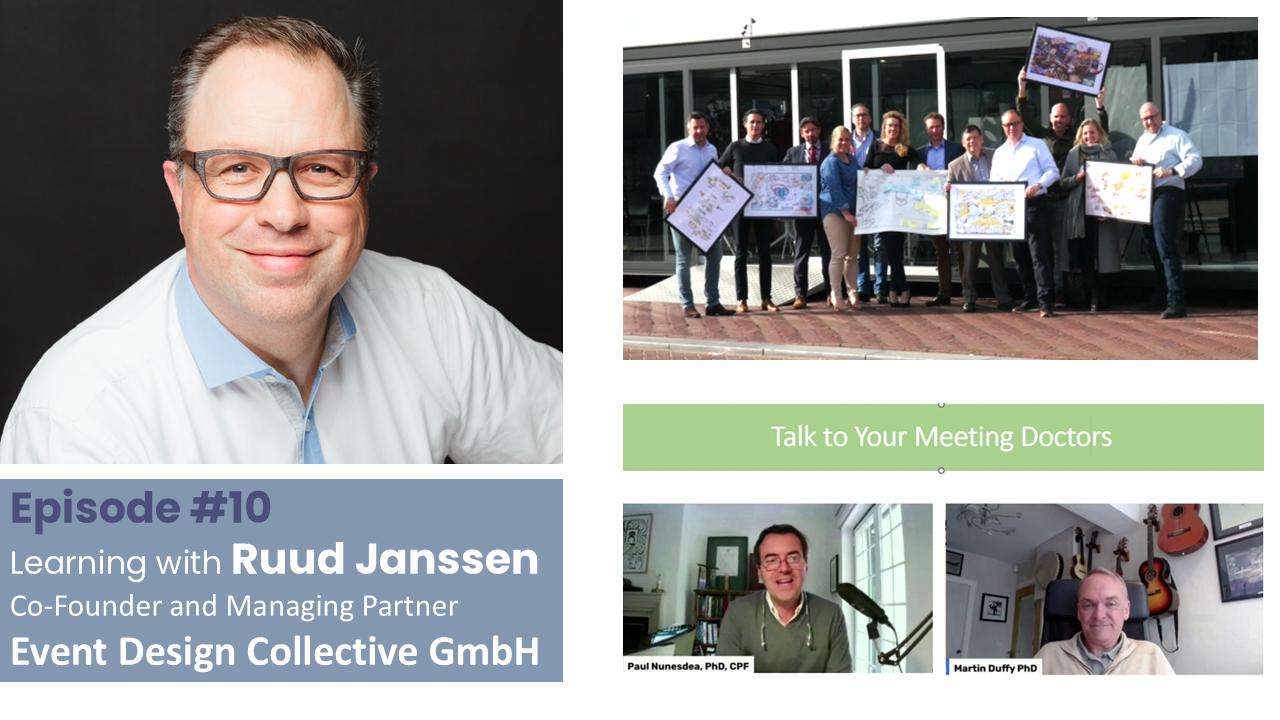
Has facilitation lost the plot?
A response to Durnford & Durnford
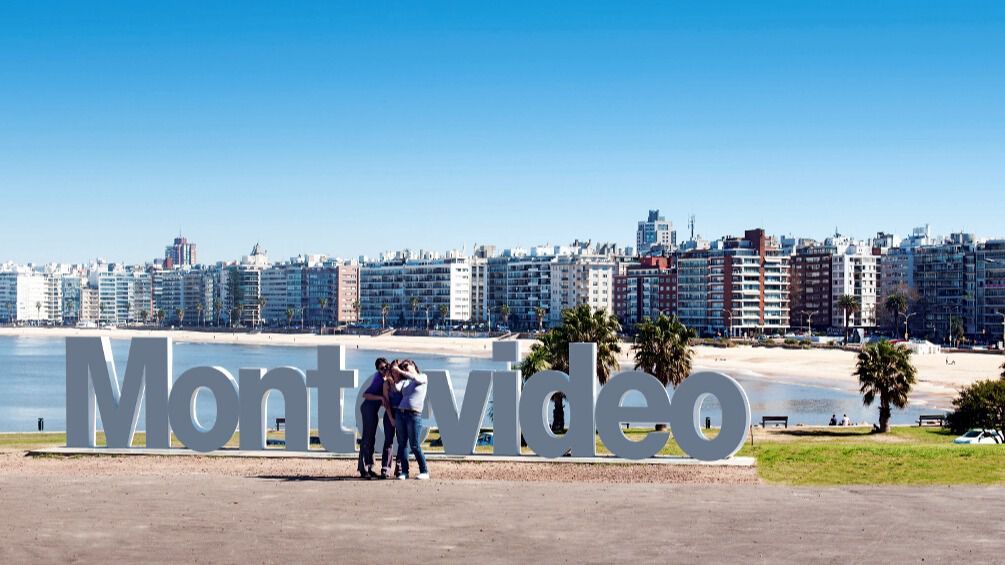
Malin Morén Durnford & Trevor Durnford are probably the most unique couple I know. They are both long-standing members of the IAF International Association of Facilitators, both Master Certified Professionals and combining a mix of skills that make them highly recommended as professional facilitators.
They have written an absolutely MUST READ article published in the Global Flipchart https://www.iaf-world.org/site/global-flipchart/19/Has-Facilitation-lost-the-plot
After reading it, and despite of +10 to-dos in my list for this weekend, I couldn't remain indifferent and cannot help to offer a tentative response.
Now, I am going to start this response with a blaspheme and I expect a lot of tomatoes to be thrown at me.
The notion of 'Facilitation' is probably the least appropriate metaphor in the world and to question if it has lost its plot will generate a range of possible comments depending on what is it that you consider being Facilitation.
Let's start by googling it:
facilitation
/fəsɪlɪˈteɪʃn/
noun
the action of facilitating something.
"third-party facilitation seeks to promote the resolution of conflict"
So, by definition, "Facilitation" will never be losing the plot ever. It's so basic as breathing and I suspect it's the very reason humanity evolved and survived by becoming a 'collaborative species'. Pretty much like the ants or bees or some other mammals like whales and dolphins, humans have found in facilitation a way to adapt to a very adverse environment.
A completely different ball game is the professional practice of facilitation as currently conceived by the founding members of the IAF - International Association of Facilitator. Tribute must be paid to the ones that stoically and epically have created a set of guiding principles both ethical, theoretical and technical (including here a range of conceptual tools and methods) that constitute the foundations of a renowned path of Professional Development, probably one of the most respected in this field globally.
Why was this an epical effort? Back in the late 60s when professional facilitation started to evolve as a profession several other similar practitioners that also subscribe to the values of participation emerged as brothers in arms against the prevalent dominance of the taylorist management principles and downfall programing.
As a result, not only Group Facilitators but also a whole set of distinguished novel professions such as Scrum Masters, Agile Coaches, Product Designers (applying Design Thinking and related principles), Change Consultants and a range of Organizational Development Professionals, Certified Coaches, all have secured their specific niches amid volatility, uncertainty, complexity and ambiguity of the XXI century environment.
Facilitation as an emergent field of practice also had an impact in related professions such as training and teaching. Besides Business Facilitators, wikipedians distinguish between several types of facilitators including Educational Facilitators, Training Facilitators, Conflict Resolution, and 'Wraparound' Facilitators that work in the social services community.
What about the Professional Facilitators, have we lost the plot?
One of the most challenging questions I had to answer (I am sure also for many colleagues who read this) is to respond to my kids whenever they asked this simple question: 'Daddy, what do you do exactly?
Again, let's google the word 'Facilitator'
facilitator
/fəˈsɪlɪteɪtə/
Learn to pronounce
noun
a person or thing that makes an action or process easy or easier.
"a true educator acts as a facilitator of learning"
But when replying I am "Group Facilitator" then the next question is invariable: "and what exactly do you facilitate'?
"Everything" is my favourite response and I cannot help to see myself with a magic wand in my hand touching everything that is stalled or sucking energy from groups of people in organizations and instantly fix it.
Focusing on Outcomes
Durnford & Durnford poignantly argue that the definition of facilitation is to make it easier for groups of people to reach outcomes, together.
Let me transcribe here the closing paragraph of this seminal article:
"With a focus on outcomes delivered through a dynamic and participatory process – before, during and after interventions – facilitation will be a profession making a lasting difference in the world, and not quick gigs inspiring and entertaining groups."
Yet, if we remove the 'magic' of what we do when unleashing the true spirit of being in a group, the particularly unique angle of our work as organizational healers, by not fearing to go to deeper and explore new levels of human connection and bonding with dialogue in campfire conversations that matter, then we simply be another breed of 'organizational consultants' that offer 'outcome-driven results'.
In the field of outcome-based consultancy, there are already outstanding firms out there (the most successful ones employing professional facilitators) co-creating agendas and designing powerful workshops and tangible results.
What would be our weapons as a facilitator when competing as a consultant?
Back in 2014, when I joined the IAF I was particularly impressed by the 6 Core Competencies our association as distilled throughout extensive internal reflection and debate by the ones that can be considered today the founding fathers of this profession.
Particularly striking to me in this Core Facilitator Competencies framework is competency A: Create Collaborative Client Relationships. This discovery inspired me to offer a workshop in one of the IAF Regional Conferences -
Facilitator-Client relationships: How systems thinking can help create collaborative client relationships.
If you are interested, the slide deck is published
here.
Listen to your internal voice
However, after being deferred in my first Certified Professional Facilitator assessment in that same year, I have learned to understand that many other unique dimensions make a group facilitator into a special breed of a consultant.
To never lose our plot we must constantly ask to ourselves, what makes a Professional Facilitator really unique?
Come and join FacWeek next 19-26 October and you will find out your answers. The ones you should be holding dearly when exercising your magical and unique practice as a group facilitator.
PD Speaking about uniqueness in our practice, this article from Héctor Villareal Lozoya is an example of the 'magic' powers of facilitation: https://www.iaf-world.org/site/global-flipchart/19/donnt-forget-the-body
About the author
Paul Nunesdea is the English pen name of Paulo Nunes de Abreu, Facilitator, Master of Ceremonies, Author, and Publisher of the book series - Architecting Collaboration, his LinkedIn profile can be reached here, or in Spanish here, or Portuguese here.
Paul is an IAF Certified Facilitator™ who designs and hosts events for clients ranging from large companies to municipalities and regional governments.
His academic background as a PhD researcher combined with +15 years of experience as a former CEO and entrepreneur has sharpened a client-serving mentality eager to co-create win-win solutions. As an NGO founder, he co-founded Digital Health Portugal and hosts the Health Regions Summit, the Health Data Forum among other initiatives.
As both a GroupMap™ and Howspace™ certified facilitator he co-founded the Digital Collaboration Academy with renowned facilitator Peter Seah united by the vision of creating and sustaining a new emerging field - Digital Facilitation - augmented by the core competencies of the IAF - International Association of Facilitators.

Follow Us
"Be brave enough to start conversations that matter and shift the direction of change for the better."
col.lab | collaboration laboratory is a spin-off from the book series " Architecting Collaboration " and our privacy policy can be consulted here
My Meeting Support is an event services brand by col.lab | collaboration laboratory





